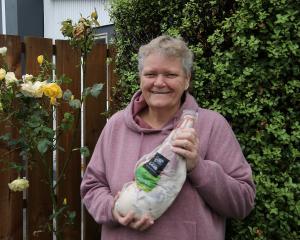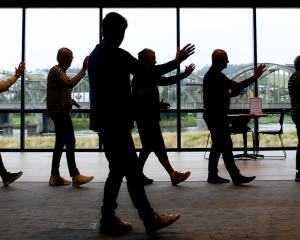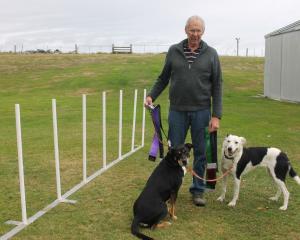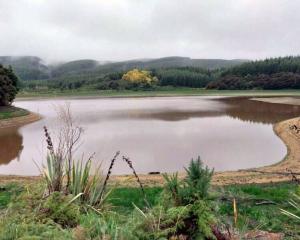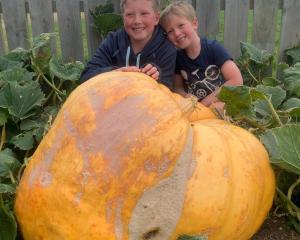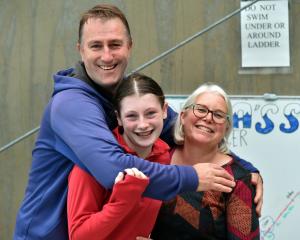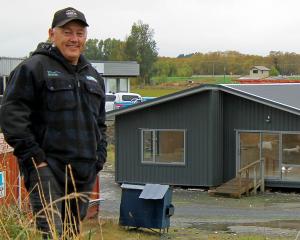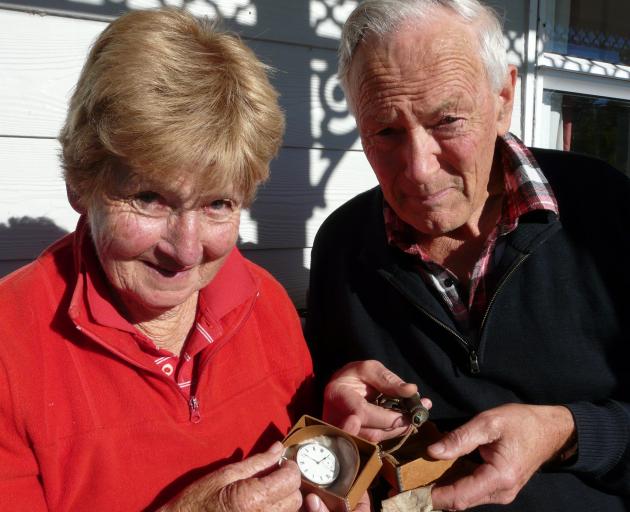
Despite a personal aversion to rules and regulations, self-described ‘‘free thinker’’ and Clydevale resident Alan Duthie says he continues to recognise the courage and sacrifices made by the country’s military men and women during the world’s major conflicts, and present-day peacekeeping efforts.
Mr Duthie and wife Heather planned to mark the death of his great uncle Lieutenant Robert LM Duthie - during the Gallipoli campaign, when he was just 24 - at the Milton ceremony this morning.

Although not a military man himself, Mr Duthie said he bore a keen appreciation of the sacrifices of the brave men and women who had served New Zealand at home and abroad over the years.
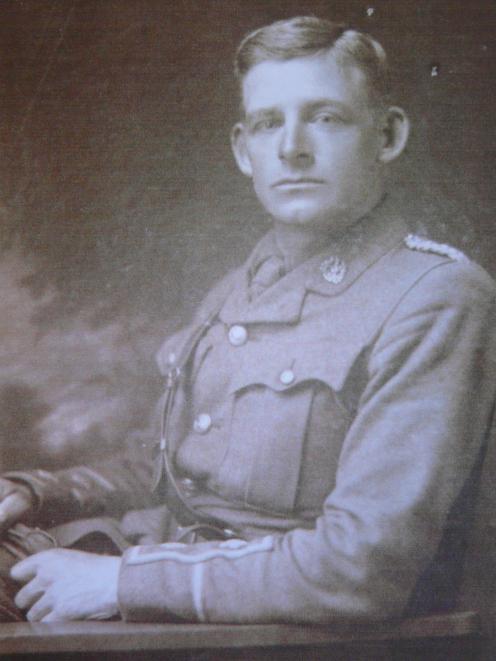
Robert’s story illustrated both the courage and camaraderie of war - and its random, senseless nature, he said.
A popular sporting and academic all-rounder at Waitaki Boys’ High School and the University of Otago- where he studied law in 1909 - Robert Duthie joined the South Otago Regiment Territorials on his return to the Lovells Flat family farm in 1912.
When war broke out, it was a natural step for him to enlist and Robert departed for Gallipoli on August 17, 1914.
Sadly, their forebodings came to be realised.
Despite suffering a knee injury during a long, incident-filled and arduous journey by boat to, first, the Suez Canal, then the Gallipoli Peninsula, quartermaster Robert was eventually called into action.
This came about after his beloved South Otagos lost more than half their men during a particularly bloody skirmish at Baby 700, on May 2, 1915.
In the shallow, sandy front line trenches - no more than 45cm deep - the young lieutenant had buddied up for turns at sleeping with friend and Milburn native, Ewen Pilling.
On May 8, at 3am, Robert awoke and, spying movement near their trench, just had time to aim his rifle before disaster struck, and a Turkish sniper shot him through the head.
He died of his wound four days later.
Mr and Mrs Duthie had visited Robert’s grave at Pink Farm on the peninsula four years ago, and were struck by the sheer scale of the losses on both sides.
‘‘We read every stone. There are thousands. The scale is just mind-blowing,’’ Mrs Duthie said.
‘‘The saddest thing is it was the best young men who left, and never returned. All we can do today is remember them.’’




